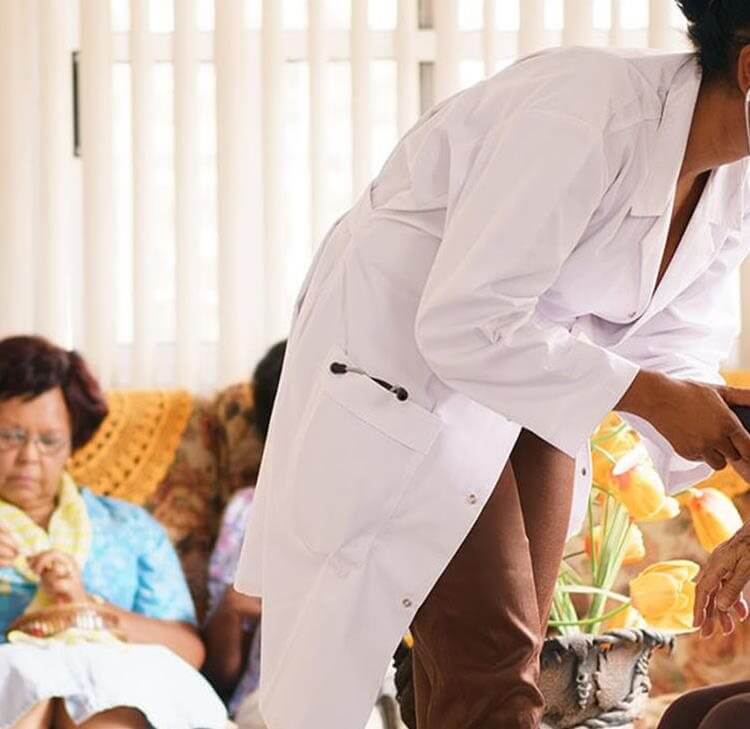Social value takes on increased importance in central government procurement processes
Ahead of the end of the Brexit transition period the Government has taken steps to place increased importance on the role of social value in public procurement exercises.
Ahead of the end of the Brexit transition period the Government has taken steps to place increased importance on the role of social value in public procurement exercises. As the country comes to terms with both the human and economic cost of the Covid-19 pandemic, the risks posed by climate change and the need to address social inequality, the Government has taken steps to put these issues at the heart of its new social value model.
The next step in securing social value
The new social value model builds on the current requirements of the Public Services (Social Value) Act 2012 which requires contracting authorities procuring above-threshold services contracts to consider how the services in question can secure economic, social and environmental benefits for their local area and stakeholders before going to market and then to consider how any such benefits could be secured through a procurement process. The new social value model, however, has greater scope and reach as it applies to all procurements covered by the Public Contracts Regulations 2015 not just the procurement of above-threshold services contracts. Furthermore, at the heart of the new model is an obligation requiring those contracting authorities to whom it applies to go further and explicitly evaluate social value where it is related and proportionate to the subject matter of the contract in question. Whilst some contracting authorities may have taken this approach before it was not mandated, now it is.
Social value: Key themes at the heart of evaluation
Whilst there are many different types of social value benefits which can be secured through public procurement, the Government has identified a number of priority policy themes which fall within the scope of the new social value model. These priority themes and associated outcomes are:
- Covid-19 recovery:
- Help for local communities to manage and recover from the impact of Covid-19
- Tackling economic inequality:
- Creation of new businesses, new jobs and new skills
- Increase in supply chain resilience and capacity
- Fighting climate change:
- Effective stewardship of the environment
- Equal opportunity:
- Reduction in the disability employment gap
- Tackling workforce inequality
- Wellbeing:
- Improving health and wellbeing
- Improving community integration
The Government’s model sets out what it considers “good” to look like in the context of each of these priorities and, perhaps unsurprisingly, new jobs and skills, support for innovation and disruptive technologies to deliver lower costs and/or higher quality goods and services and reducing inequality in employment all feature. On closer inspection it is possible to see how those operating in the tech space may have numerous opportunities to support this agenda.
Whilst the new focus does not dispense with achieving the best commercial outcome, it certainly presents suppliers throughout the supply chain with the opportunity to put forward offers that deliver wider benefits for society and this will apply to the HealthTech market in the same way it will to others.
The qualitative assessment of the social value on offer, rather than a quantitative one, is designed to ensure that this new approach will not adversely affect SMEs and VCSEs. Those applying this model are required to apply a minimum weighting of 10% of the total score for social value should be applied in the procurement, although this weighting can be increased if it is justified in the circumstances. This is to ensure that the evaluation of social value is sufficiently important that it can be a differentiating factor in evaluation. For those suppliers already actively looking to provide wider societal benefits through their business practices, this offers a further opportunity to stand out in what is, in some areas, a crowded market.
For those businesses and organisations who regularly tender for central government contracts now is the time to look at and consider the Government’s priorities and its view of “what good looks like” – a chance to get ahead of the competition in readiness for the 2021 tendering season. Further guidance is also due which will provide further insights on this new model and how it is to be applied.
Who does the new model apply to?
The new model aimed at delivering social value through procurement activities applies to Central Government Departments, their Executive Agencies and Non-Departmental Public Bodies when procuring contracts which fall in the scope of the Public Contracts Regulations 2015. It is possible, however, we will see other contracting authorities adopting it as well.
When will the model come into effect?
Relevant contracting authorities are expected to apply this new model to all procurements which are launched on or after 1st January 2020.
The detail of the Government’s proposals for a new social value model was announced at the end of September is set out in PPN 06/20 which can be accessed here.
Further guidance has recently been released which provides further insights on this new model and how it is to be applied. It is accessible here. There are additional documents available as well.
To discuss how we can support you in bidding for or procuring public sector contracts please contact: Rachel Whitaker, Partner – Commercial Health.









































